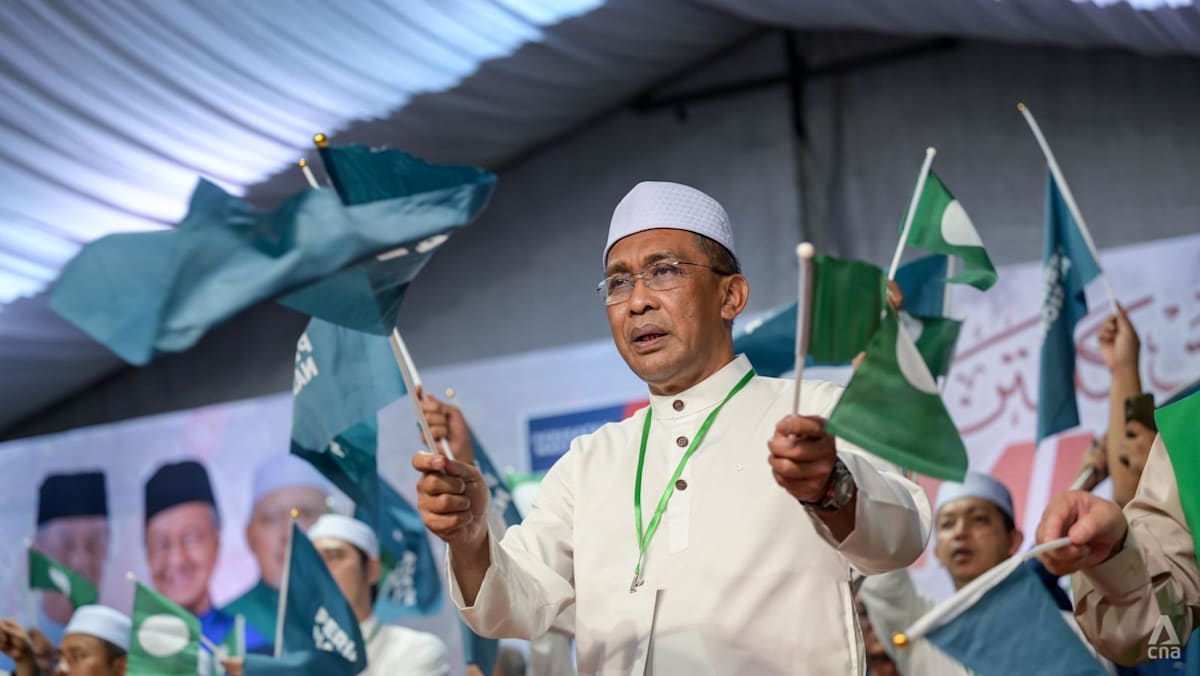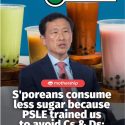IDEAS, OPINIONS CROSSING BORDERS
During Singapore’s hustings, authorities said they had identified foreigners attempting to influence the election, and directed Meta to block online advertising by two PAS politicians.
Their Facebook posts, which can no longer be viewed by users in Singapore, expressed support for certain opposition candidates and criticised decisions made by the ruling government.
Two articles were also published in a PAS newsletter, one of which named several Malay opposition candidates running in GE2025, highlighting their educational and career backgrounds. The other criticised Singapore’s housing policies.
At the time, PAS also issued a statement in response, saying the two individuals were expressing their personal views, which “in no way reflect PAS’ official policy or stance”. The party added then that while it respects Singapore’s concerns, it also believes Singapore’s reaction was “somewhat exaggerated and unilateral”.
On Tuesday, Mr Shanmugam noted that PAS was an Islamist political party with a goal to Islamise society in Malaysia.






